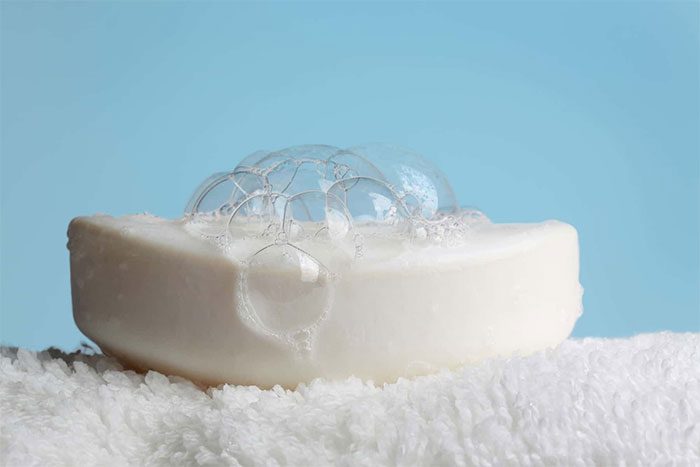A study shows that the fragrance of soap can make humans more attractive targets for mosquitoes due to its similarity to floral nectar.
The scientists behind the study, published in the journal iScience, indicate that when not feeding on blood, mosquitoes supplement their sugar intake with plant nectar.

New research shows that soap can make humans more attractive to mosquitoes.
Meanwhile, using fragrant soap causes humans to emit both the scent of flowers and the smell of blood, as described by Clément Vinauger, the lead researcher from the Virginia Polytechnic Institute and State University (USA).
“It’s like waking up and smelling something that resembles both coffee and baked goods. Very appealing,” he likened.
However, the study also notes that each individual using different soaps has varying levels of attractiveness to mosquitoes, which may be due to the interaction between the soap and each person’s unique body odor.
“Some individuals are extremely attractive to mosquitoes when they haven’t showered; using a particular soap can make them more appealing to mosquitoes, but using another soap could keep mosquitoes away,” Vinauger explained.
The research selected four volunteers who submitted samples of fabric from their sleeves worn before washing or after washing with four different soap brands. The research team observed the number of female mosquitoes landing on the fabric samples to determine their preferences.
Fabric was used instead of having volunteers place their hands into mosquito containers to eliminate the impact of exhaled CO2, an important sign that also affects attractiveness to mosquitoes.
The scents of Dove, Dial, and Simple Truth soaps increased the attractiveness of some fabric samples, but not all. Meanwhile, the scent of Native soap tended to repel mosquitoes.
The scientists suggest that Native’s repellent effect may be related to its coconut fragrance, as there is some evidence that coconut oil is a natural mosquito repellent.


















































